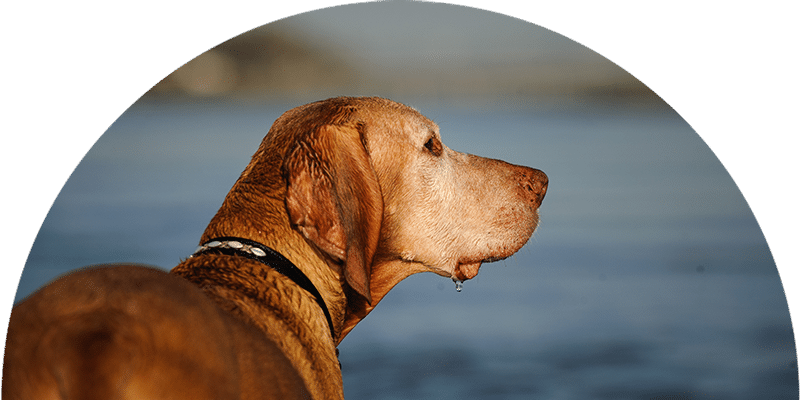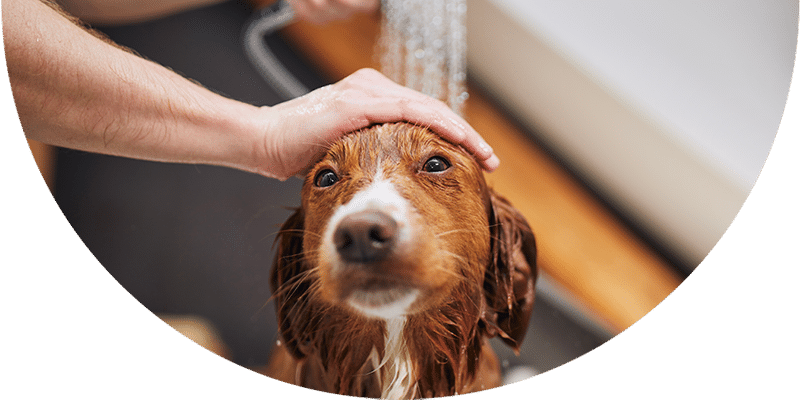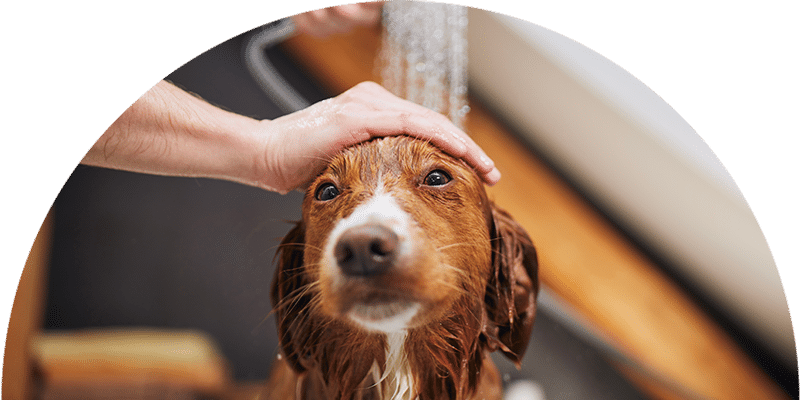Dog Cancer: Diagnosis, Treatment, and Prognosis
How to Detect Cancer in Dogs
At Love Animal Hospital & Urgent Care, our veterinarians detect cancer in dogs through a combination of clinical testing, diagnostic imaging, and laboratory tests. Detecting cancer in dogs is a multi-faceted process that relies heavily on our veterinary expertise as well as vigilant observation on your part as a pet owner. Early detection is crucial for successful treatment and improved outcomes, as many dogs may not exhibit obvious symptoms until the disease has progressed significantly.
Here are a few ways we detect signs of cancer in dogs at Love Animal Hospital & Urgent Care:
How to Detect Cancer in Dogs
At Love Animal Hospital & Urgent Care, our veterinarians detect cancer in dogs through a combination of clinical testing, diagnostic imaging, and laboratory tests. Detecting cancer in dogs is a multi-faceted process that relies heavily on our veterinary expertise as well as vigilant observation on your part as a pet owner. Early detection is crucial for successful treatment and improved outcomes, as many dogs may not exhibit obvious symptoms until the disease has progressed significantly.
Here are a few ways we detect signs of cancer in dogs at Love Animal Hospital & Urgent Care:
Is cancer in dogs common?
Yes, cancer in dogs is relatively common. At Love Animal Hospital & Urgent Care, we tend to see a fair amount of cancer cases in dogs as they age, and sometimes in younger dogs. But for the most part, we see cancer in dogs after about the age of nine.
What are the common types of cancer in dogs?
Some of the more common cancers we see at our clinic are:
- Skin cancers (lumps and bumps on your dog)
- Mast cell disease
- Brain tumors
- Hemangiosarcoma (fairly common in some larger breed dogs)
- Lymphoma (cancer of the lymph system)
- Bladder cancer
Pretty much every type of cancer that humans can get, we see those in dogs as well.
Is cancer in dogs common?
Yes, cancer in dogs is relatively common. At Love Animal Hospital & Urgent Care, we tend to see a fair amount of cancer cases in dogs as they age, and sometimes in younger dogs. But for the most part, we see cancer in dogs after about the age of nine.
What are the common types of cancer in dogs?
Some of the more common cancers we see at our clinic are:
- Skin cancers (lumps and bumps on your dog)
- Mast cell disease
- Brain tumors
- Hemangiosarcoma (fairly common in some larger breed dogs)
- Lymphoma (cancer of the lymph system)
- Bladder cancer
Pretty much every type of cancer that humans can get, we see those in dogs as well.
What are some of the signs and symptoms of dog cancer?
Many dogs don’t have any symptoms, which is why annual exams at Love Animal Hospital & Urgent Care are crucial. During these exams, we may detect:
- Lumps and bumps on the body
- Enlarged lymph nodes
- Abnormalities during oral exams
- Issues in the extremities or eyes
As a dog owner, you should watch for weight loss and breathing difficulty, although these symptoms often appear when cancers are advanced. If you see lumps, bumps, or anything unusual on your dog, bring them to our clinic immediately.
What are some of the signs and symptoms of dog cancer?
Many dogs don’t have any symptoms, which is why annual exams at Love Animal Hospital & Urgent Care are crucial. During these exams, we may detect:
- Lumps and bumps on the body
- Enlarged lymph nodes
- Abnormalities during oral exams
- Issues in the extremities or eyes
As a dog owner, you should watch for weight loss and breathing difficulty, although these symptoms often appear when cancers are advanced. If you see lumps, bumps, or anything unusual on your dog, bring them to our clinic immediately.
Why is early detection of dog cancer so important?
If we find cancers early, we can treat them more effectively. Early diagnosis allows us to start treatment quickly, which can significantly improve the prognosis.

How do we diagnose cancer in your dog at Love Animal Hospital & Urgent Care?
Diagnosing cancer in your dog involves:
- Thorough physical examinations
- Diagnostic imaging (X-rays, ultrasounds)
- Blood work
- Biopsies of suspicious lumps or masses
What treatment options are available for dogs with cancer?
At Love Animal Hospital & Urgent Care, we offer various treatment options, including:
- Surgery
- Chemotherapy
- Referrals to specialists for advanced treatments like radiation therapy
Our approach depends on the specific case, prognosis, and your preferences as a pet owner. We strive to provide treatments that can prolong a high quality of life for your dog.


What are some possible side effects caused by cancer treatment?
Side effects can vary depending on the treatment and the individual dog. While dogs often tolerate chemotherapy better than humans, some may experience nausea or other side effects. We have medications available to help manage these symptoms and ensure your pet’s comfort during treatment.
Contact Love Animal Hospital & Urgent Care
If you have concerns about your dog’s health or notice any unusual symptoms, please don’t hesitate to contact us. Early detection and treatment are key to the best outcomes for your beloved pet.
Phone: (657) 756-5683
Address: 16161 Springdale St, Huntington Beach, CA 92649
Website: Love.vet
At Love Animal Hospital & Urgent Care, we’re dedicated to providing compassionate, comprehensive care for your pets, including advanced diagnostics and treatments for canine cancer. Our team, led by Dr. Ryan Smith and Dr. Reid, is here to support you and your furry family members every step of the way.

